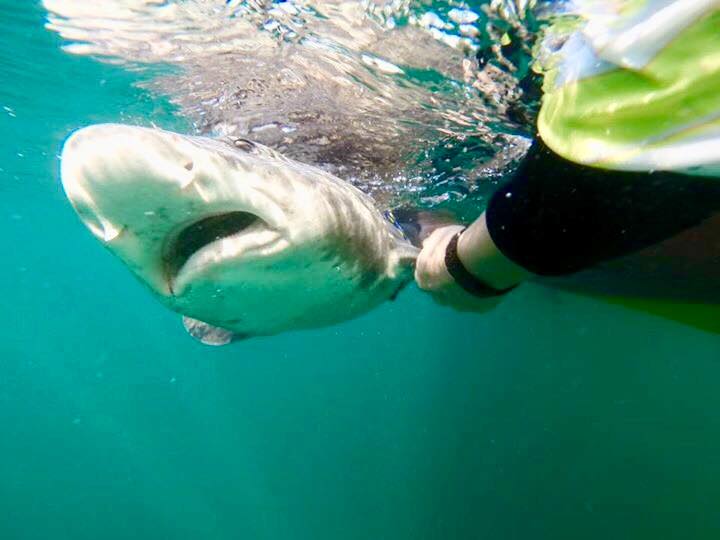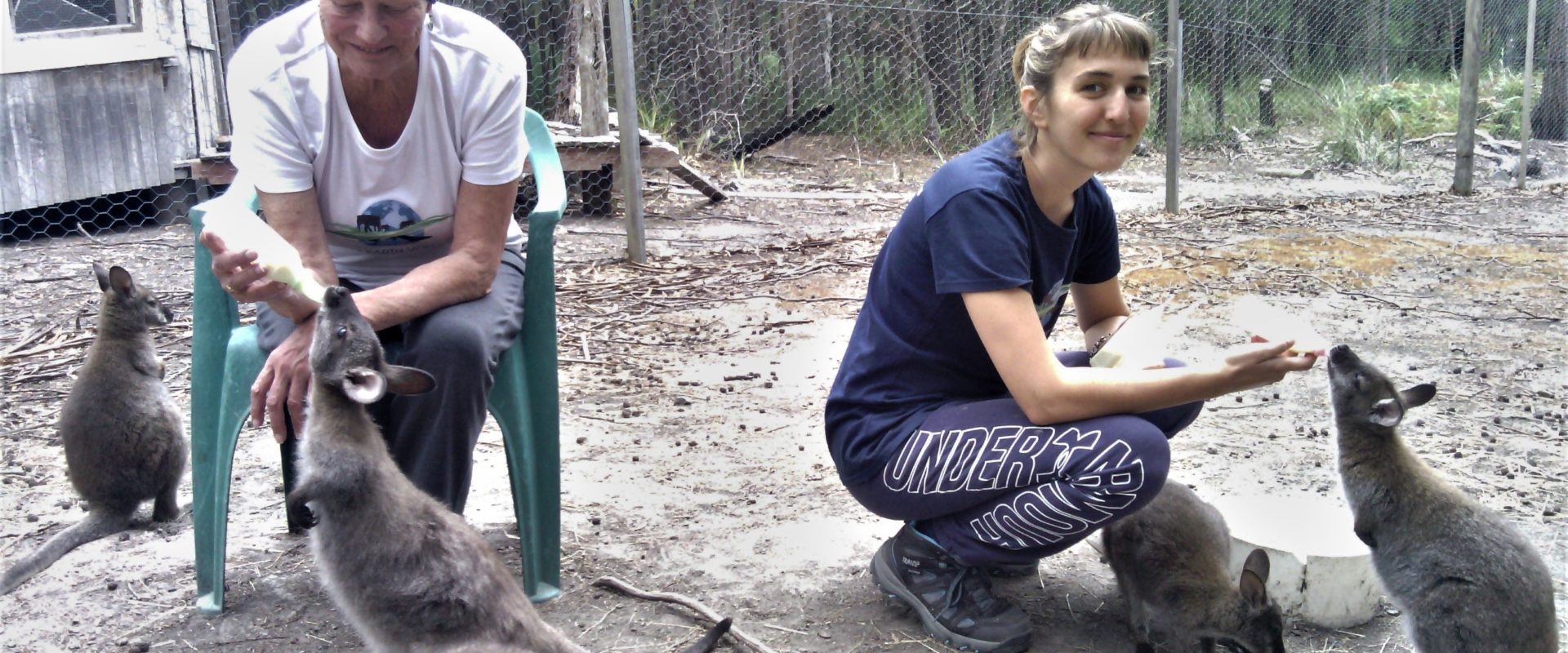Whale Coast Shark & Marine Ecology
Volunteers work within a non-governmental organisation committed to promoting the conservation and sustainable utilisation of marine resources through research, education and outreach enterprises.
Whale Coast, South Africa
Volunteers work within anon-governmental organisation committed to promoting the conservation and sustainable utilisation of marine resources through research, education and outreach enterprises.
This organisation has become recognised for its inclusive and holistic approach to conservation and ecosystem based research and focuses on a variety of initiatives, including an understanding the biology & ecology of sharks, skates & rays for management purposes, cetacean research focusing on southern right whales and the spatio-temporal behaviour of whales & dolphins in the local area, research techniques include photo identification, behavioural coding and environmental monitoring, the collection of baseline diversity & abundance data from the Bay, a marine debris study and the investigation of the ecological role of mesopredators (medium sized predators including rays, snakes and sharks) in kelp forest ecosystems.
Volunteers, Interns or Field Study students that work at this project are in a unique position to contribute to conservation, education and research initiatives in a location unlike any in the world.
Although scientific research is the pillar of the management and conservation of resources, the effective dissemination of information research is a necessity for the various species-specific and ecology-based research projects that take place at this organisation.
Depending on the time of year you join the project, you will participate in the following components of the program:
1. Cetacean Monitoring;
2. Elasmobranch surveys;
3. Estuary Monitoring;
4. Estuarine macro-invertebrate surveys
Volunteers undertake a variety of activities which are dependent upon the season. Activities may include:
• collecting behaviour data, logging geographic location of cetaceans in the bay and recording photographic identification (where applicable) of cetaceans aboard an eco-tourism whale watching vessel
• entering data and compiling basic reports for the cetacean monitoring project
• shore based research collecting biological data, tagging and genetic sample collection
• deploying the baited remote underwater video (BRUV), collecting data, uploading videos to the lab computer and identify all species captured by the BRUV during deployment, enter data into the BRUV database
• macro-invertebrate collection techniques, environmental data collection and invertebrate identification using microscopes and species keys
• strategically monitor estuarine environmental parameters of the two local river estuaries
• laboratory testing
• Interns and field study student’s own research projects
• husbandry & facility maintenance including collecting organisms for the facility touch tank, catching small demersal sharks using snorkel gear, elasmobranch husbandry, tank system maintenance and general duties
• deliver interesting and educational information about the organisation, shark biology & ecology, threats to sharks and marine ecosystems, etc, to visitors, school and community groups to the facility.
• Monthly shark-cage diving expedition
Age requirement is18 years of age.
Volunteers must be fluent in English, be willing to work and must be able to take direction from staff.
Interns should be one of the following: (a) students currently enrolled at an academic institution and studying towards a science major; (b) graduated scientists with a minimum of a B.Sc. with a science major; (c) naturalists with proven experience in research, management and/or conservation; (d) educators with experience in environmental education.
Volunteers will undertake activities in a variety of vessels including a 4 metre rubber duck/aluminium hull and a whale watching vessel. Occasionally, some volunteers will experience sea sickness while out on the Bay.
1st and 3rd Sunday, all year round (except the last 2 weeks of December)
Minimum 2 weeks.
10 – 2.30, 5-6 days a week.
A five bedroom house situated a 15 minute drive to the project. Bedrooms are shared (maximum 6 per room) and may be unisex. Transport to and from the facility and work related activities is provided.
Volunteers are required to purchase their own food and prepare their own meals.
For lunch, volunteers either take their own lunch to the project, or can purchase supplies in town.
From AUD $144 a day
| Duration | Cost (AUD) |
|---|---|
| 2 weeks | $2900 |
| 3 weeks | $4200 |
| 4 weeks | $5500 |
| Each additional week | $1300 |
What’s included:
- Pre departure support
- Project Information Pack
- Daily transfers from the accommodation to the worksite
- Accommodation
- All necessary training by staff or volunteers
- 24 hour in country support
- 24 hour O2E emergency phone
- Certificate of participation, if requested
*Please note some items are not included in the project fees listed above, such as flights, transfers from Cape Town Airport to the project (an extra $160US paid directly to the taxi service), visas, vaccinations, travel insurance, snacks, spending money, local transport and in-country tours. Please note that prices are subject to change without notice. Please ensure you have read the O2E Volunteers Terms and Conditions.

Alicia H.
Canada
"This project gave me the opportunity to have
a hands on experience in the shark science field
by allowing me to be a intern over the summer,
it was an amazing experience. The staff were very hands on,
understanding, passionate and just wonderful overall to work with.. "
HOW TO GET STARTED




